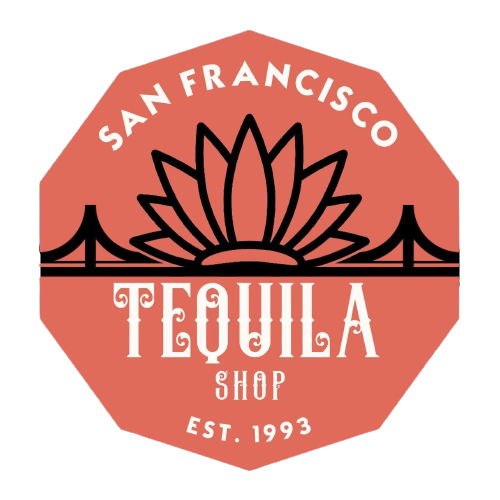Agave Spirits
-
MDM Ensamble Espadín Cuixe Madrecuixe La Escalera Ejutla Oaxacan Agave Spirit 750ml
Regular price $100.00 USDRegular priceUnit price / per -
MDM Arroqueño San Vicento Coatlán Ejutla Oaxacan Agave Spirit 750ml
Regular price $130.00 USDRegular priceUnit price / per -
MDM Pelón Verde Jilotepequillo Chontal Oaxacan Agave Spirit 750ml
Regular price $125.00 USDRegular priceUnit price / per -
MDM Pulquero Lachiguizo Miahuatlan Oaxacan Agave Spirit 750ml
Regular price $160.00 USDRegular priceUnit price / per -
MDM Chapero Rio Minas Mixteca Alta Oaxacan Agave Spirit 750ml
Regular price $120.00 USDRegular priceUnit price / per -
MDM Chino Verde Sola De Vega Oaxacan Agave Spirit 750ml
Regular price $140.00 USDRegular priceUnit price / per -
MDM Espadin Quiatoni Oaxacan Agave Spirit 750ml
Regular price $120.00 USDRegular priceUnit price / per -
Los Cantiles 1905 Palmilla Ensamble Sotol/Agave Spirit 750ml
Regular price $125.00 USDRegular priceUnit price / per -
Tepanal Espadín Capón: Ancestral Method Agave Spirit 750ml
Regular price $85.00 USDRegular priceUnit price / per -
Los Cantiles 1905 Carney (Pechuga) Bacanora 750ml
Regular price $125.00 USDRegular priceUnit price / per -
Los Cantiles 1905 Bacanora Blanco 48% 750ml
Regular price $120.00 USDRegular priceUnit price / per -
Mama Chuy Coyote, Tepeztate & Jabali 48.3% 750ML
Regular price $115.00 USDRegular priceUnit price / per -
Lucero Verde & Cuerno Agave Spirit 750ml
Regular price $165.00 USDRegular priceUnit price / per -
Lucero Small Batch Pechuga Oaxaqueno Agave Spirits 750ML
Regular price $200.00 USDRegular priceUnit price / per -
Lucero Papalometl (Abdias De La Luz Rodríguez) 750ML
Regular price $135.00 USDRegular priceUnit price / per -
Lucero "Azul, Alto & Espadín" Ensamble (Elias Garcia Soto) 750ML
Regular price $140.00 USDRegular priceUnit price / per
















